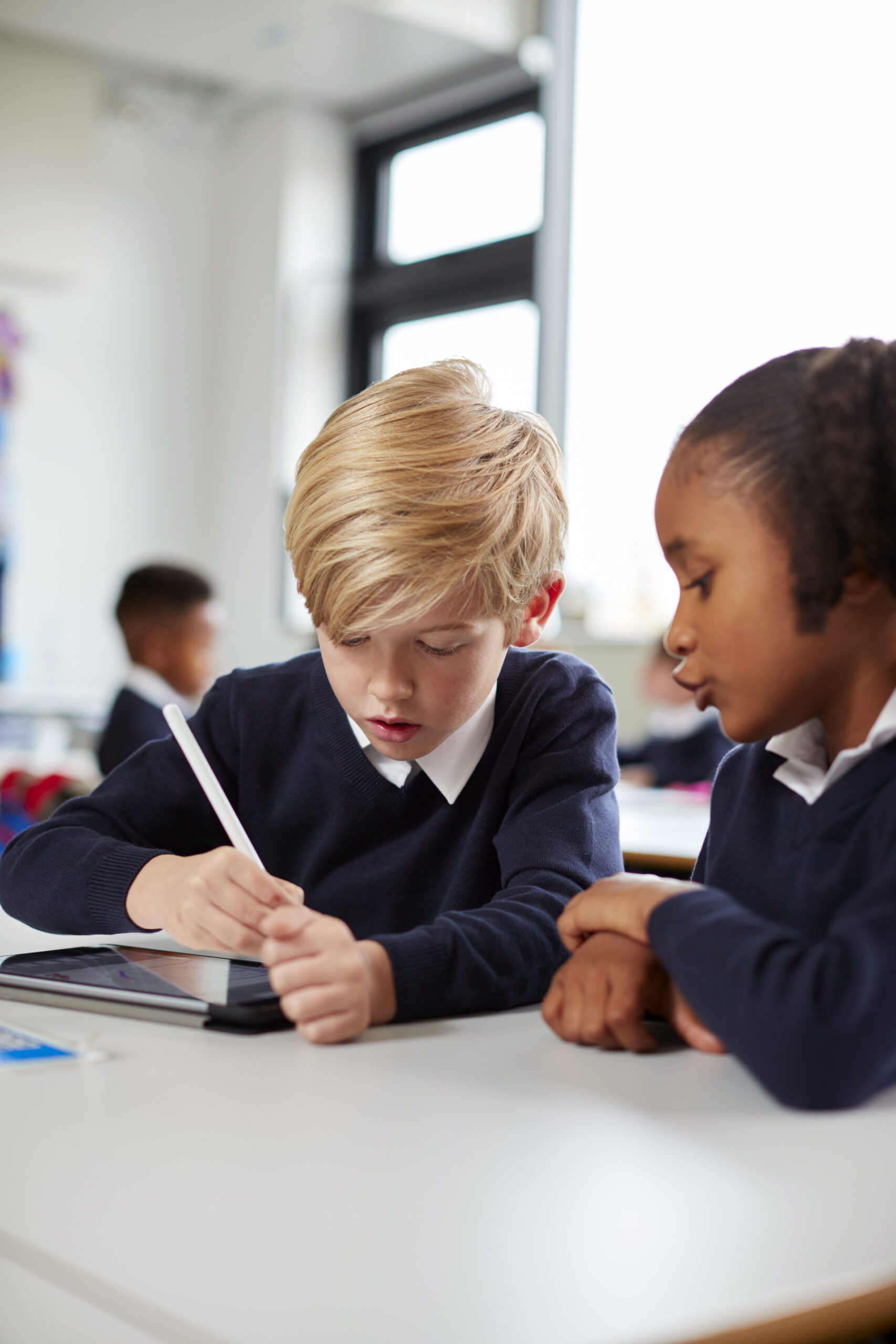An american classical education
AN AMERICAN CLASSICAL EDUCATION
American Classical believes that the timeless, revitalizing model of classical education should be available to all communities, families, and children who desire it. Our academies cultivate moral and intellectual virtue within students with the desired result of preparing them to live flourishing lives as educated and public-spirited citizens.

our mission & vision
Aiming for the Good, True, and Beautiful
American Classical is dedicated to providing a classical education through facilitating the successful creation of American classical schools. It embraces the educational model that encompasses the liberal arts and sciences, complemented by instruction in moral character and civic virtue. Our mission extends beyond preparing students solely for college and careers; we aim to cultivate their longing for what is good, true, and beautiful. We prioritize primary sources and classic literature, enabling students to engage with the profound thinkers who have shaped Western culture.
What We do:
American Classical Academies, from Vision to Realization
CONDUCT A LANDSCAPE ANALYSIS
Assess market conditions, the policy landscape, and social and community capital to measure the prospect of a successful founding school effort.
SUPPORT A MISSION-ALIGNED FOUNDING GROUP & COMMUNITY
Vet, coach, and mentor founding groups by providing a compelling vision of American classical education, first governing principles, and a project management plan.
LAUNCH A SUCCESSFUL SCHOOL FACILITIES EFFORT
Cultivate supportive networks of friends, advocates, and fellow travelers willing to invest in building the school.
ASSEMBLE & DEVELOP LEADERSHIP, FACULTY, AND STAFF TEAMS
Gather talented and mission-aligned leadership, teaching, and staff candidates, and introduce them to best practices in governance, leadership, pedagogy, curriculum design, and school culture.
DEVELOP OPERATIONAL SUCCESS
Provide guidance on education regulations, key performance indicators, essential vendor relationships, and the operations expertise required to run a school.
FOSTER FLOURISHING SCHOOL COMMUNITIES
Encourage family and community engagement efforts that help establish an academic and school culture vital to a healthy school.
Affiliated Classical Academies
Ivy Classical Academy
OPENING FALL 2024
American Classical Academy Rutherford
OPENING FALL 2024
Ashley River Classical Academy
Opening Fall 2025
American Classical Academy Madison
Opening Fall 2025
A Well-Rounded Course of Study
Our affiliated Academies’ highly educated and passionate teachers employ traditional teaching methods to impart genuine knowledge and foster moral integrity, decorum, respect, discipline, and a commitment to thoughtful inquiry.
Character Formation
Teacher-Led Classrooms
Low-Technology
Content-Rich
Our curriculum provides a solid foundation of core knowledge and exploration of Western Civilization.
Tuition-Free
Our academies provide a tuition-free education for all students.
Teaching for Virtue
The liberal arts in particular and liberal education in general are the surest, most time-tested way to direct students toward a life that is truly free.
THE BARNEY CHARTER SCHOOL INITIATIVE
Hillsdale K-12 Curriculum
American Classical Academies will stand among over 25 tuition-free member schools nationwide as participants in the Hillsdale College K-12 initiative. Like other successful Hillsdale-affiliated schools, American Classical prioritizes intellectual rigor, virtue, moral character, and responsible citizenship. Through our partnership with the Hillsdale Barney Charter School Initiative, we offer a proven curriculum that goes beyond conventional test-focused education, preparing students for successful, joyful lives.
I'd like to learn how American Classical could help facilitate our current founding or transitioning efforts.
I'd like to learn how American Classical could help establish an American Classical Academy in my community.
I'd like to learn how I can pursue leadership opportunities at an American Classical Academy.
I'd like to learn how I can pursue teaching opportunities at an American Classical Academy.
An American Classical Education
American Classical believes the timeless and rigorous model of classical education should be available to all students who desire it. Our schools train students in virtue, resulting in high academic achievement and the sound moral formation required for responsible citizenship.


